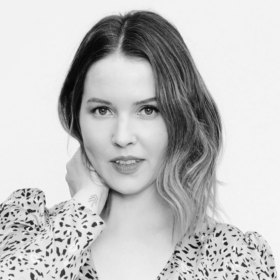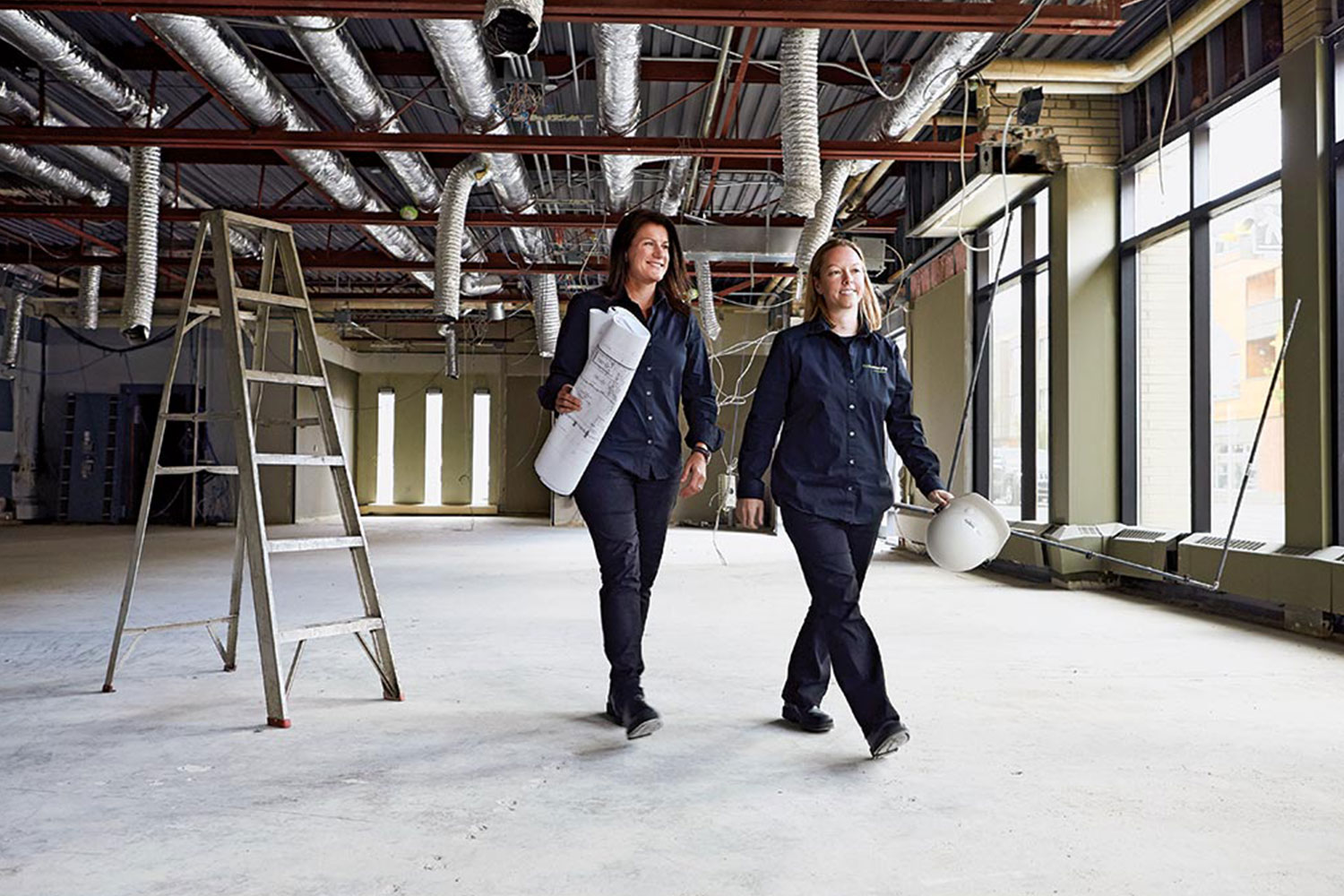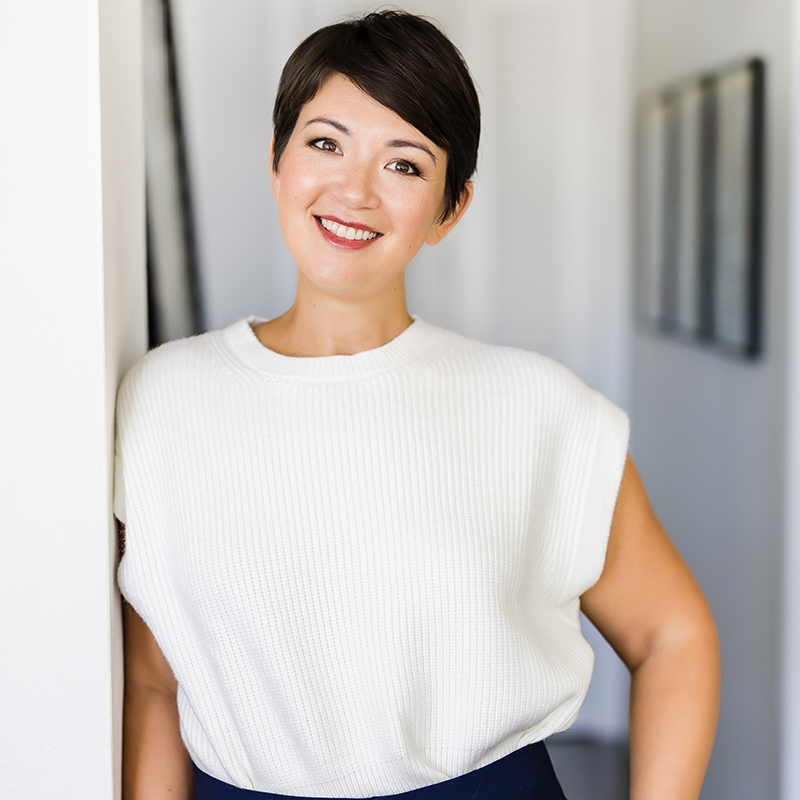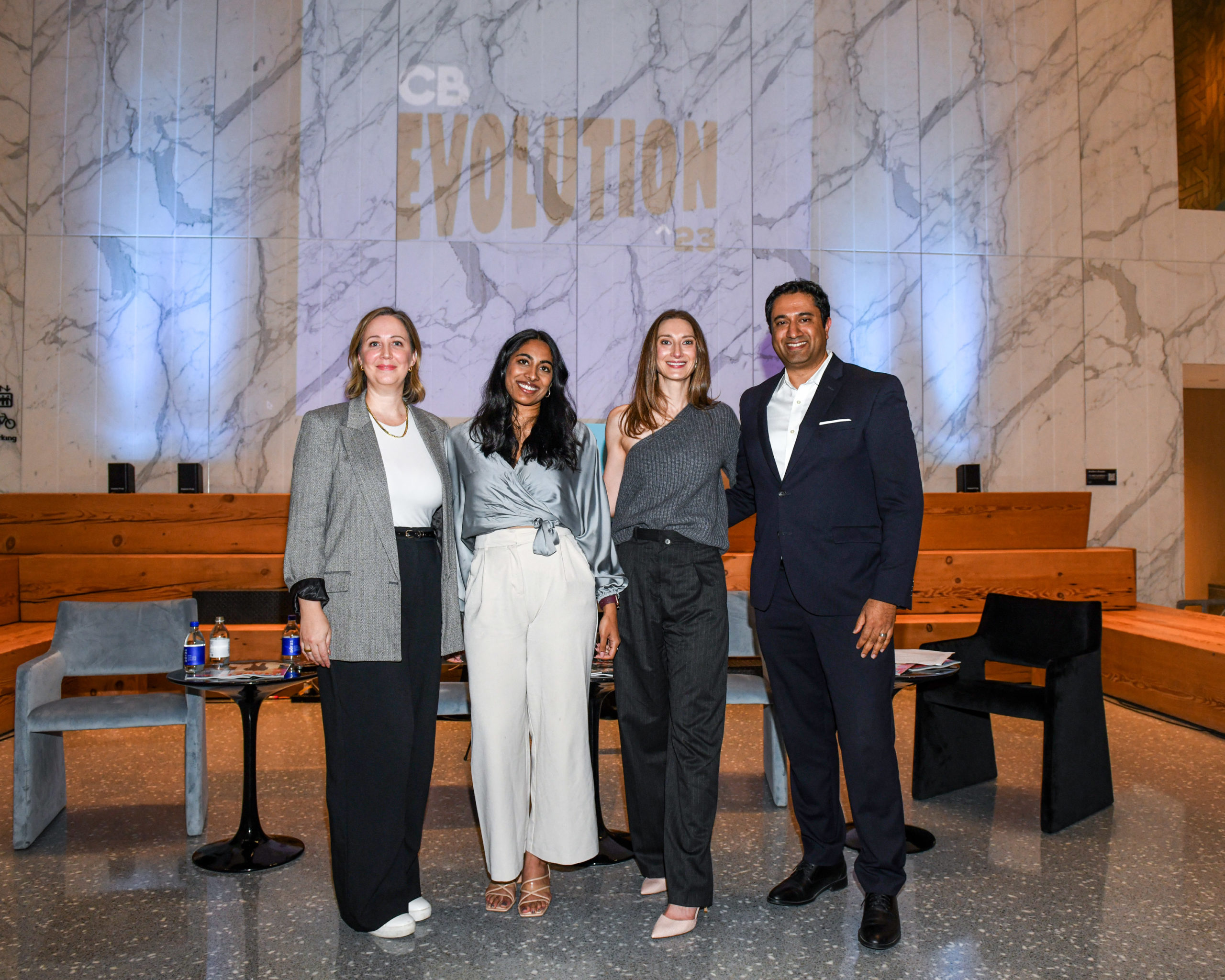How Jamie Alexander Went From Software Developer to Creator of Clothing for Trans Girls
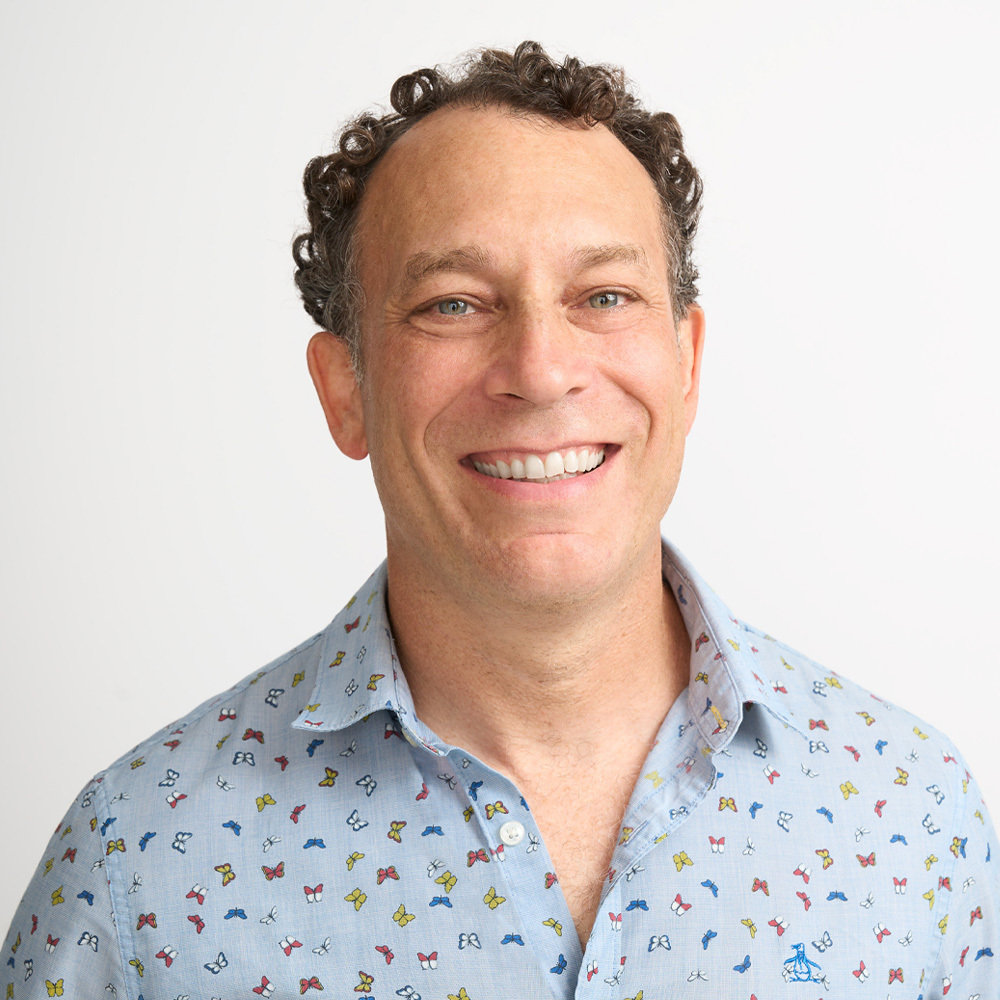
Many entrepreneurs will tell you that what they’re doing now is not what they initially set out to do. Making major professional changes—even mid- to late-career—can often lead to more fulfilling and successful outcomes. That’s what our series The Pivot is all about. Each month, we speak to founders, business leaders and entrepreneurs about how—and why—they changed course and found success in an entirely different industry. Here, we speak to Jamie Alexander, the founder of Rubies, a line of form-fitting clothing for trans girls.
Designing clothing for trans girls may seem like a far cry from creating computer software, but for Toronto-based Jamie Alexander it couldn’t have been a more natural move. His daughter, Ruby, socially transitioned at age nine and Alexander found it difficult to find apparel for her activities like gymnastics and dance. At first, she wore baggy board shorts instead of the traditional leotards. But when Ruby began expressing interest in wearing the swimwear her friends were wearing, Alexander realized they were experiencing a global problem that he was uniquely poised to help solve.
“I looked at the solutions out there and lot of them were lacking,” he says. “They seemed to be designed for adults and sized down for kids. Some had a big pad in front, which my daughter said felt like a diaper. Others required tight compression. Often they came in garish colours and designs.”
In 2019, he launched Rubies, a collection of comfortable, easy-to-wear form-fitting clothing for trans girls, including undergarments and bathing suits that are available to be shipped around the world.
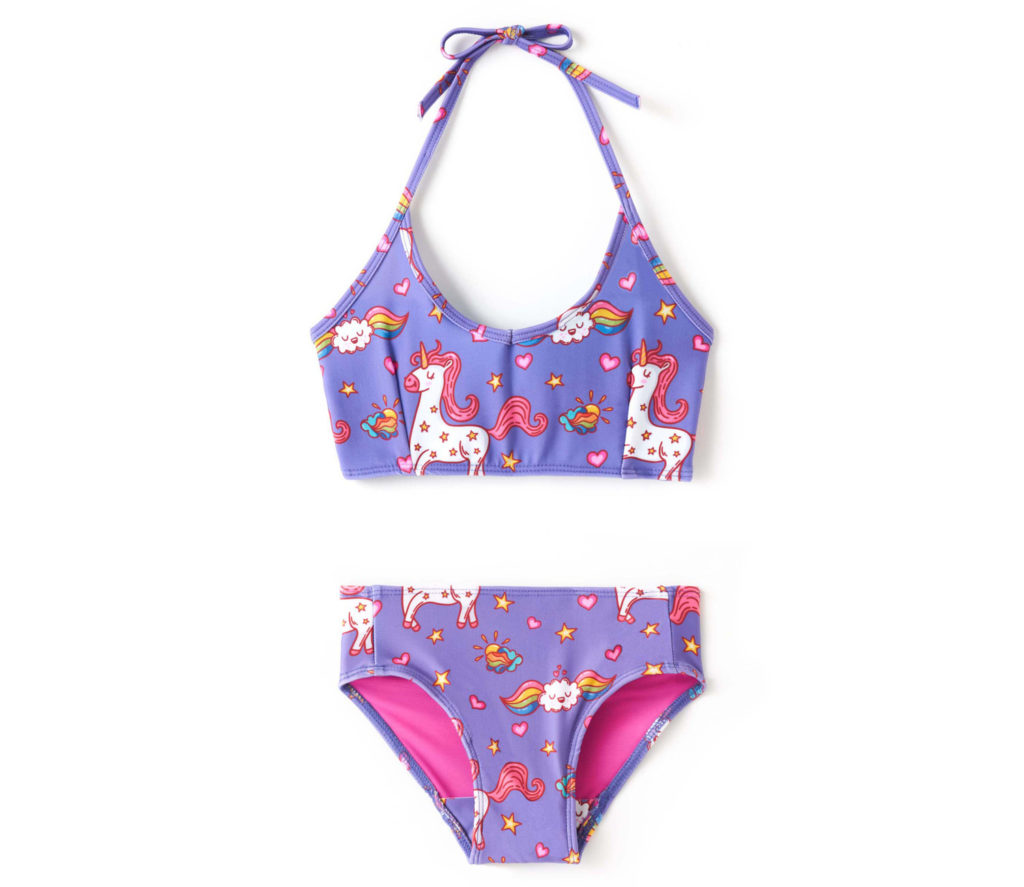
A lifelong tech enthusiast, Alexander began tinkering with computers when he was around 10 years old and eventually enrolled at the University of Waterloo to study electrical engineering. He landed at IBM in the 1990s where he pioneered nascent ecommerce products for brands like Victoria’s Secret and worked for the company’s consulting group on a revolving set of new products in a variety of industries like education, insurance and finance.
“That gave me the skills to really quickly understand an area—I knew how to pull information from subject-matter experts and apply it,” he says. It’s a skill that came in handy when Alexander made the leap into clothing design, where he continuously consults with an external roster of experts that includes R&D specialists and marketing pros.
Related: What Does It Take to Make it as a Fashion Brand in Canada?
Alexander left IBM in 2010 after being inspired by the potential of the iPod Touch to create apps related to the intersection of art and music. He entered the start-up world where he met with varying degrees of success through endeavours like creating an interactive music tool and a receipt processing solution for big banks. But after more than 10 years in the notoriously cutthroat start-up world, he was ready for a simpler day-to-day life, one where he could focus on social enterprise without the stress of managing a team and the expectations of investors.
When he was ready to launch Rubies, Alexander used funds from a previous start-up exit and took on a side hustle as head of product for a drone company. He also received funding from the National Research Council of Canada’s Industrial Research Assistance Program, which supports Canadian businesses in increasing their innovation capacity and taking their ideas to market. He worked with garment engineer Olena Vivcharyuk, who he was paired with at the Fashion Zone, an interdisciplinary incubator based out of Toronto Metropolitan University. He’s since been working with Cat Esiembre from Pigeons + Thread, the R&D partner for all of Rubies’ products.
Related: Why This Lawyer Quit Practising to Sell Period Products
Scaling Rubies meant hiring a third-party logistics company to handle picking, packing and shipping, looking for offshore suppliers that were able to uphold Rubies’ specific quality standards and developing a repeatable R&D process. When Rubies became profitable in March 2023, Alexander was able to shift his focus exclusively to his company.
Unlike your typical founder, whose goal is to chase exponential growth for an eventual payout, Alexander’s focus remains operating Rubies as a completely self-funded, mission-driven lifestyle business where the goal of supporting trans children is paramount.
To that end, this summer Rubies launched a Gender Journey AI Chatbot designed to support parents with trans or gender-creative kids that’s available in all languages. “I have a mission to help as many families and trans people as I can and support myself,” he says. “If I can do both of those things, I’m good.”
